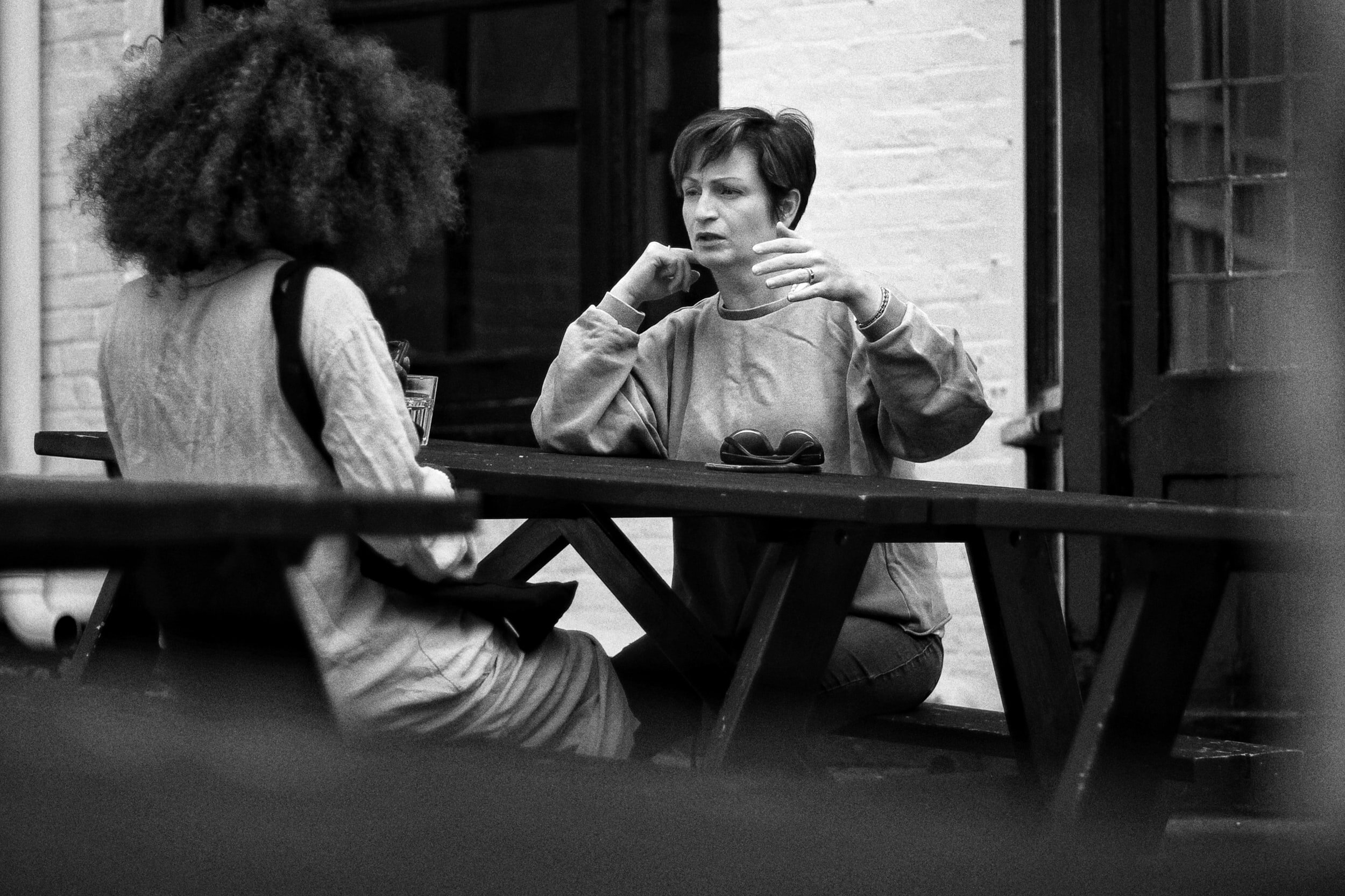Are you a trust given or a trust earned person?
In my experience, everyone is one or the other, and like oil and water, the two don’t mix. When earners run into givers, things quickly become the trust edition of a Mexican stand-off.
It’s one of the things I look for when I see broken promises and an eroding brand result. Trust, and the lack of it, leaves a trail.
The trust I’m talking about isn’t the timid tenet that appears in too many corporate values statements. On the contrary, trust is the currency relationships and life use to grow and thrive, so calling it out on a list is largely moot.
“Good to Great” author Jim Collins has spent time with the world’s biggest enterprises and most revered leaders. So, I was curious to hear his take on “trust” in a recent Knowledge Project podcast with Shane Parrish.
Collins talked about what his mentor Bill Lazier called a “trust bid”. Asking is your opening bid trust or mistrust? Collins tells the following story (slightly abridged here, listen starting at 16.55 in the podcast):
“When I left Stanford to launch out on my own… to my great shock I discovered that some people genuinely weren’t trustworthy … I so I asked Bill (Lazier), “Have you ever had your trust abused?”
And he answered, “Oh yeah, of course, I’ve had my trust abused; it’s just part of life … you need to decide what is your opening bid. When you are establishing a relationship with someone, when you’re interacting with the world, is you opening bid to assume trust, to assume someone is trustworthy and to grant them the full benefits of that. That’s your opening bid, and that trust can be lost, but the bid is trust. Or is your opening bid to not trust, but that trust can be earned? So many things in your life will be affected by which fork on that you take; that’s a stance on life.”
I said, well, it seems to me Bill like you’ve chosen trust as the opening bid, and he said, “Yes, I have”.
And I said, “But Bill brutal facts, not everyone is trustworthy … so have some people abused your trust?
And he said, “Of course they have,” … and then he went on, and he described it as upside and downside. …
“I’ve come to the conclusion, in the iterative relationships and interactions of life, that there is far more upside in an opening bid of trust and far more downside in an opening bid of mistrust. It all goes to the question of people. If you basically really want people in your life … the very, very best people will respond to the bid of trust … have you ever considered the possibility that you’re opening bid affects how people behave.
If you trust people, you are more likely that they will act in a trustworthy way. So it’s a double win. The flip side of that is if you have an opening bid of mistrust, the best people will not be attracted to that … if you’re like I don’t trust you, you have to earn it, then the best people will say I don’t need to put up with that, I’ll go and do something else.”
The idea of ‘trust bids’ echoes the thinking of team and leadership coach Larry Dressler. Dressler observes,
“We make deposits and withdrawals of goodwill through our words and actions. In that sense, no interaction is neutral. How we extend (or offer) and respond to bids is a kind of currency exchange – one that creates what Stephen Covey called an “emotional bank account” between two people.”
If you’re uncomfortable talking about trust as bank accounts and bids consider, we don’t trade when we don’t trust. Those words and actions fail to generate a response. I don’t buy from you, work for you, partner with you. Without trust, I won’t accept your ideas, follow your lead, or believe what you say.
Returning to the brand result. Accumulating the store of value that is your brand requires an ongoing exchange. And the wheels on your particular enterprise only turn if trust is there to power them.
For example, when I have plenty of trust to trade, I can turn ideas into products and services. Products and services into customers. Customers into reputation … around and around.
Trust turbo-charges your brand. Turning it into a continuing accomplishment you can use to do more work so that value grows.
Michel Hogan helps organisations like yours create alignment between who you are, what you say, and what you do. Michel is a Senior Associate with CapFeather and is a regular contributor to print and online publications including smartcompany.com.au. Over 500 articles later her practical advice offers a secret weapon to people grappling with their brands.
Click here to read more from Michel Hogan.


